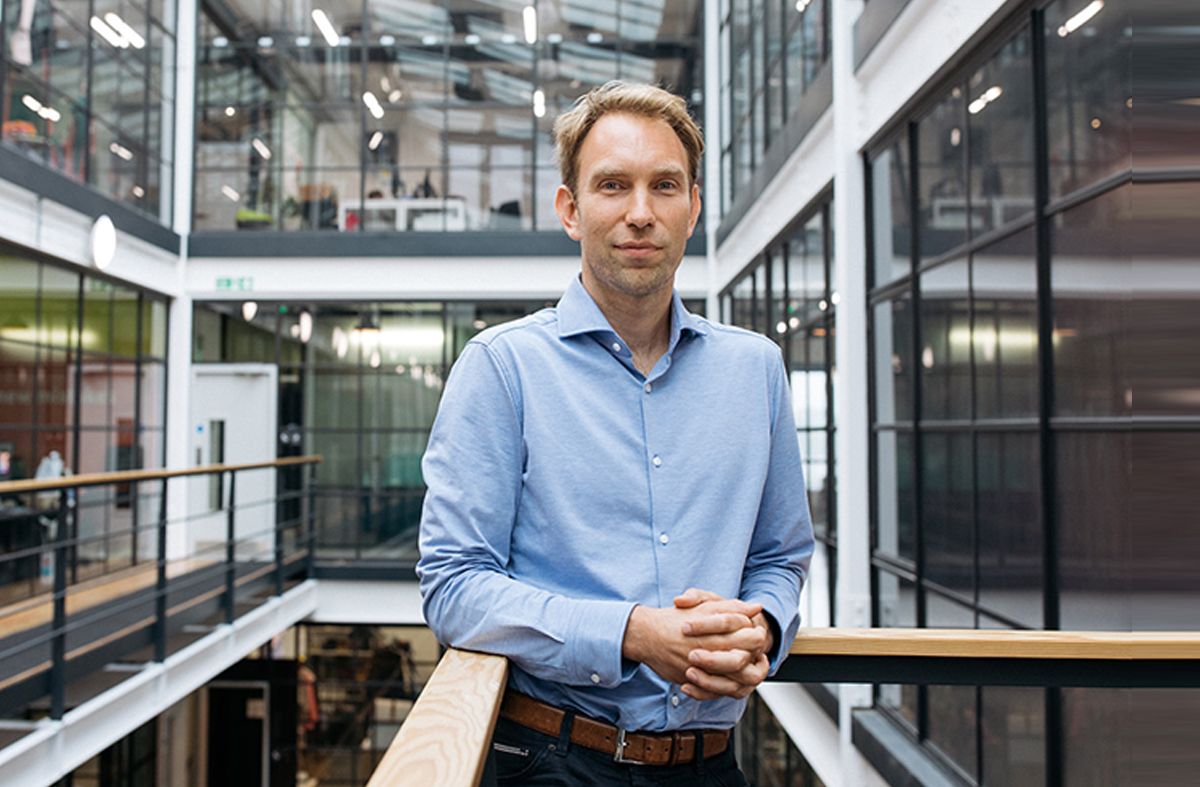
In this interview by Radhika Agrawal, Chris Sheldrick, CEO and Co-Founder of what3words, shares the vision behind the location encoding system. He talks about its growing relevance within the automotive space, the company’s plans for the Indian market and its latest collaboration with courier service giant Blue Dart
How did the idea of mapping the entire planet with three random words come to you?
I live in the countryside in a remote farmhouse and in my whole life so far no one’s ever been able to find our house. It always bothered me. And so, I wanted to make a very simple system that works all over the world. I came up with this idea with a friend of mine called Mohan, who is a mathematician. We thought that if we were to divide the world into three metre squares, we would need something very simple to name each one with. We suddenly realised that there were enough three-word combinations like ‘table-chair-spoon’ to uniquely name each square. This felt so much simpler than using latitude and longitude or a long code of some sort. The three words are completely random—they have no meaning to the place at all.
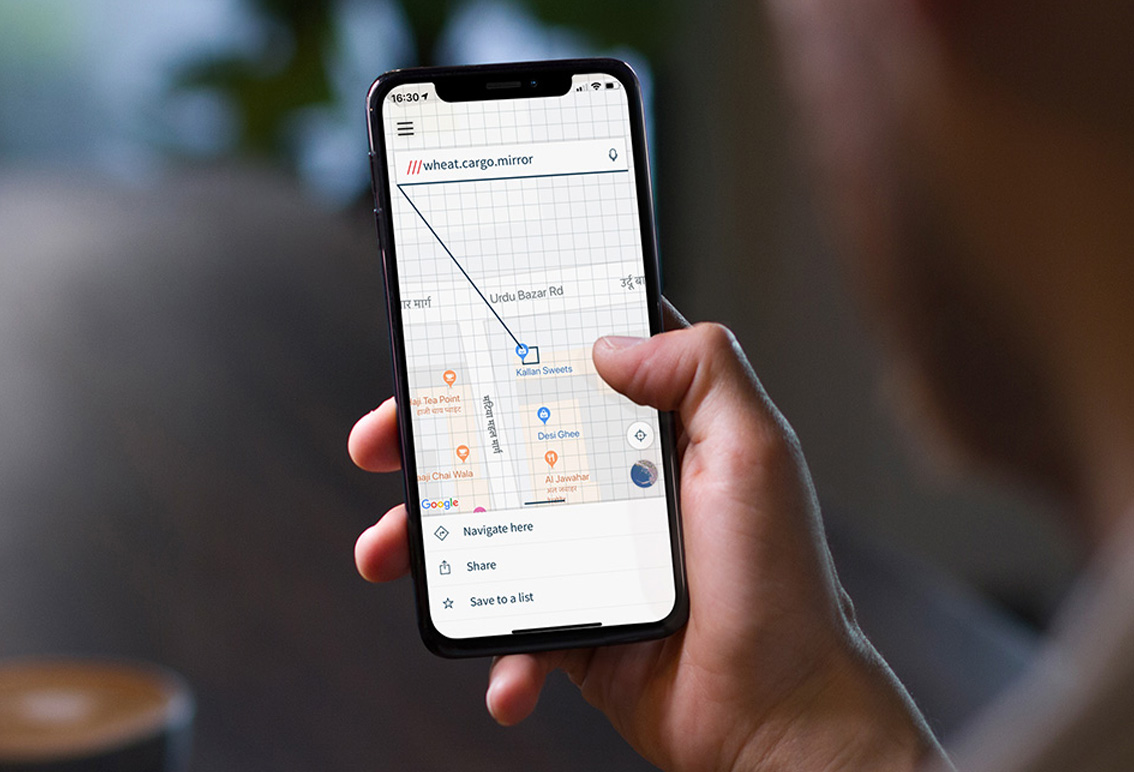
How foolproof is this technology? Do you ever face technical issues?
The great thing about making a fixed system is that it’s fixed. So, once we launch in a particular language, it’s done. That means we don’t really face any ongoing technology challenges because once the three words are assigned to a three metre square, that’s fixed forever.
What are the various products or solutions in your portfolio and which industries are you targeting?
Our first product is the consumer app – what3words – that anyone can download and interact with. Then, there’s a business product which companies like Tata Motors, DTDC or Blue Dart use from us, which turns those three words into a map pin to be used for deliveries. While we sell to businesses, the app is free for everyday consumers. Automotive navigation is a big target industry for us. We also have huge aspirations for e-commerce and logistics and we are already off to a great start. Another segment would be emergency services. BVG MEMS, which operates the ambulance service in Maharashtra state, has integrated our service many times during an emergency. I know that in India there are many places without proper addresses and so it becomes quite important to get life-saving support as quickly as possible.
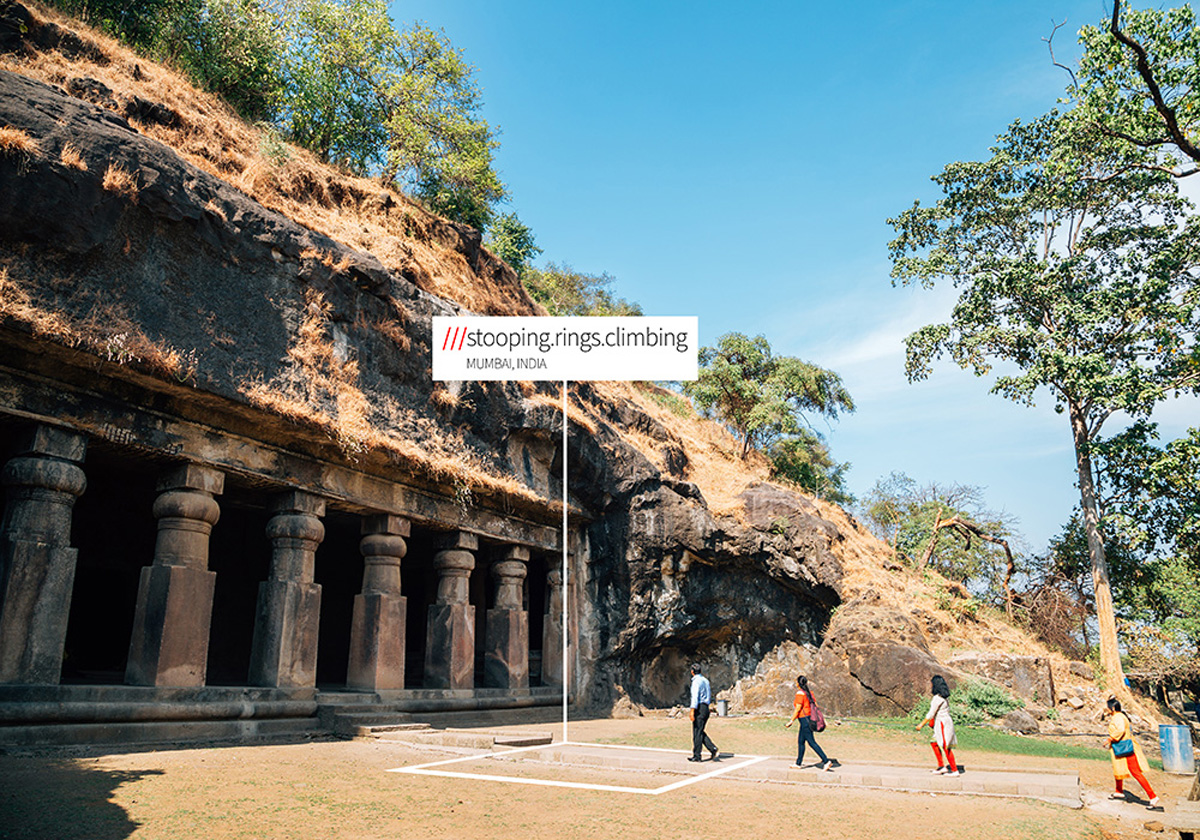
Could you elaborate on the relevance of what3words for the automotive industry? Which vehicle segments are you targeting?
We have a lot of new technology coming into cars. Yet, where we are going still seems to be one of the biggest problems. With our system we are not trying to solve navigation on maps—there are lots of people doing a brilliant job of that. We are just saying that with all of this great technology let’s at least put in a very precise destination for where we want to navigate to. We are targeting vehicle segments across the board. On the one hand we have customers in the luxury bracket such as Mercedes Benz and Lamborghini. On the other hand, we also cater to the two-wheeler sector such as motorcycles with brands like TVS and Triumph.
How many countries are you present in currently? And who are your major customers in the automotive vehicle manufacturing space globally?
We have users in 200 countries. We are focusing on probably 10 of those but we have language support of 54 languages. We provide 12 specific languages in India alone. The app is available globally, but we are developing it bit by bit by adding new languages. We have 27 automotive partners globally, including automakers and automotive suppliers like Jaguar, Land Rover, Lamborghini, Mahindra and Mahindra, Mitsubishi Motors, Tata Motors, Mercedes Benz, Bosch, Tom Tom, and more.
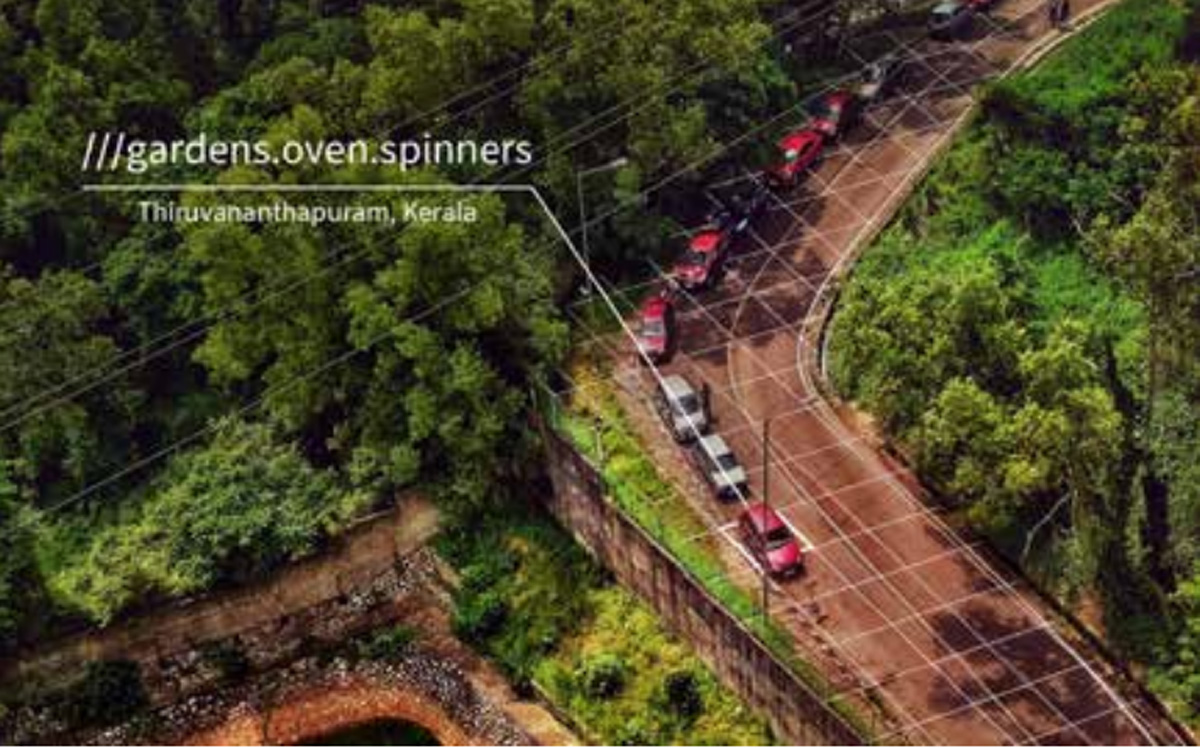
Within the automotive space, which industry megatrends are most important for you?
I think autonomous vehicles are a really important piece of technology for what we do because when your vehicle is fully autonomous you can’t afford to get the destination wrong. If you have got no steering wheel and no pedals, every single journey needs to be incredibly precise.
How important is India as a market for you? Since when have you been present in India and how is the growth potential here?
I love India and I visit it regularly. It’s this amazing metropolis functioning in a kind of organised chaos. But it’s crazy how often you can’t find where you are going. We have been active in this market for four or five years now. And one of the most enjoyable things we did was learning about the Indian languages. We discovered that people want to use what3words in their native tongue—that’s when using three random words feels most in tune with them. Our whole team got behind the project of developing 12 Indian languages.
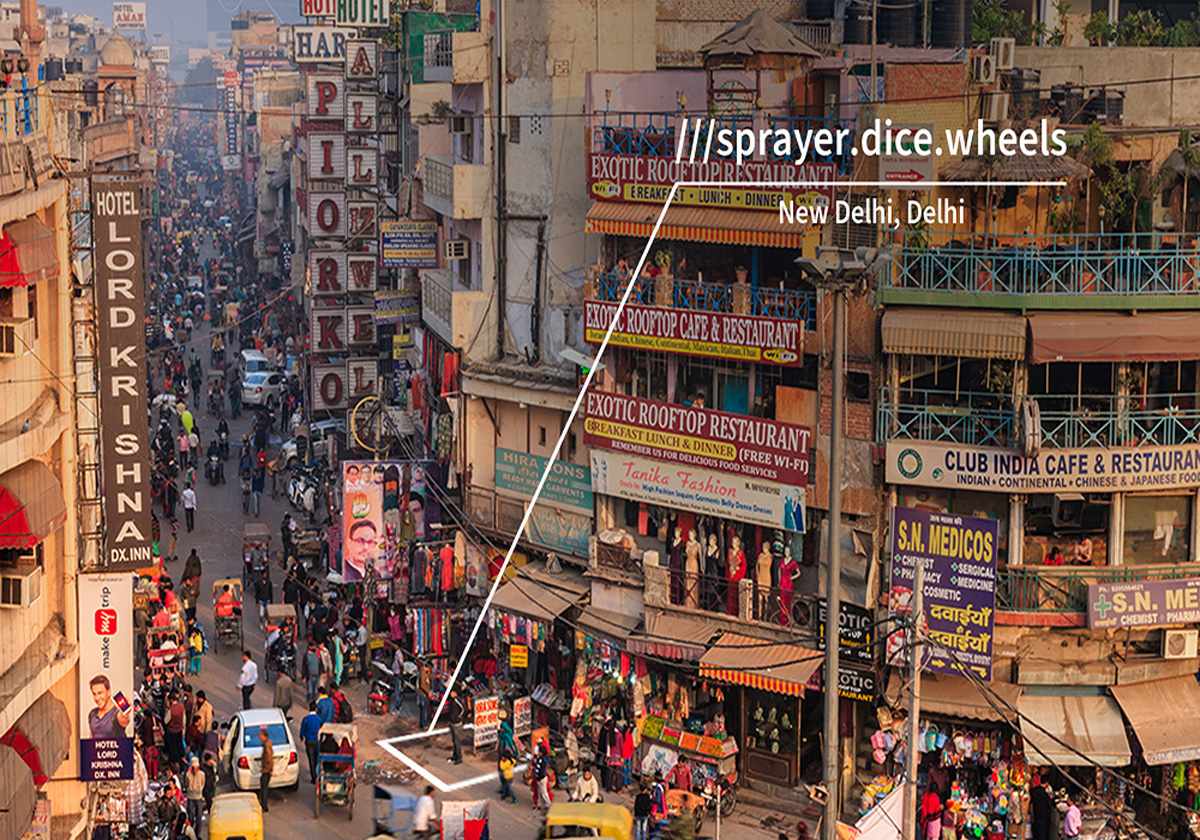
We are looking forward to soon being able to introduce voice recognition, so you can speak the words in your native tongue into the car navigation systems. The on-demand economy, e-commerce and food delivery industry is positively exploding in India. There are many companies offering solutions, but the fact that we now have household names like DTDC as well as Blue Dart as our clients is making people realise what we can do to offer delivery support. As such, these sectors offer great potential and our focus will surely be on them.
Can you tell us more about your recent collaboration with Blue Dart and what it entails?
The way it works is that if you use the Blue Dart app you can specify the three word address for your delivery and it will get fed all the way through their system so that the delivery driver shows up within the three metre square at your front door. Secondly, they have an interface for their retailers where they have a field on the e-commerce checkout page which allows you to type in your three words. These are then fed into the Blue Dart backend system and are sent to the driver’s device.
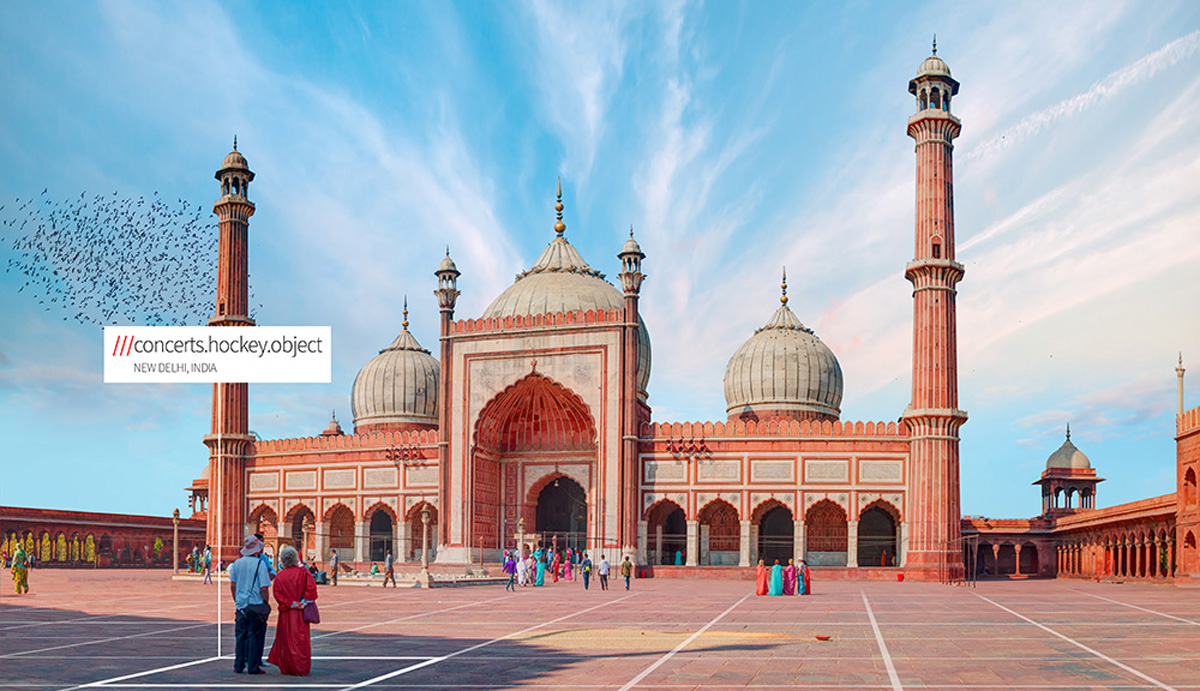
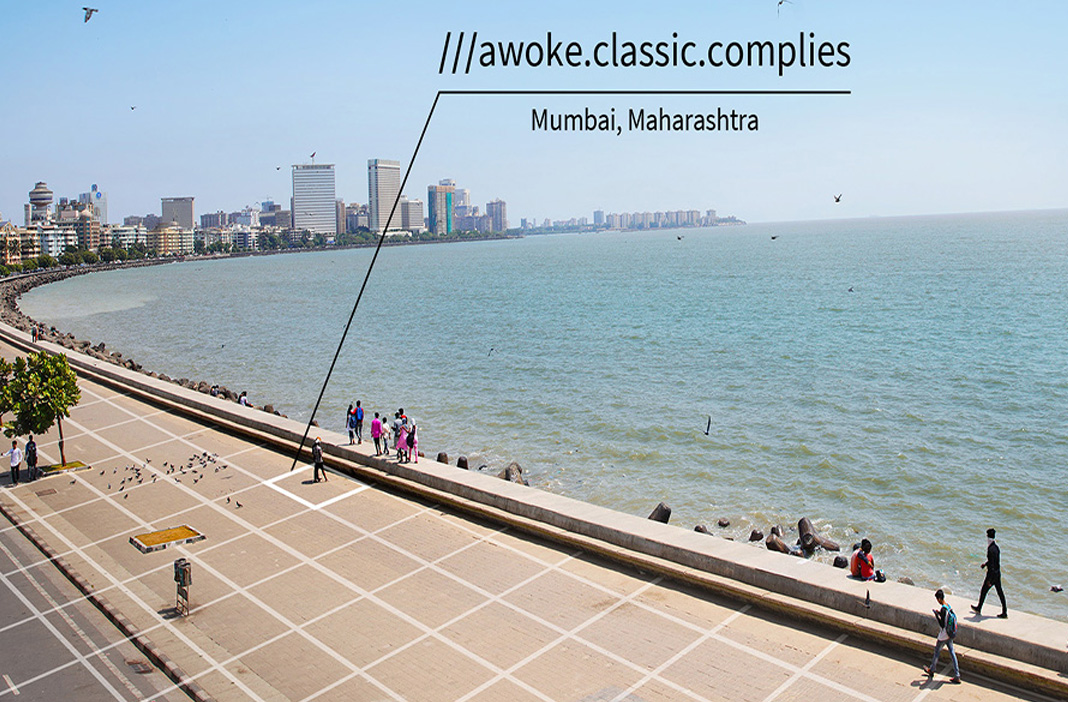
What are your medium to long-term plans for the Indian and global markets?
For the Indian market, we would love to have more fuel with automotive and e-commerce suppliers and be a standard in these industries. And we would love to keep working with the government too. There are lots of states in India and we could collaborate with them like we did with the Maharashtra state ambulance service to bring this life-saving technology to people. Globally, we are just trying to replicate what we have achieved in the UK, where what3words is a household name. We would like to keep going in more and more countries so that wherever you go in the world on a holiday you see three words on your Airbnb and know exactly how to get there.